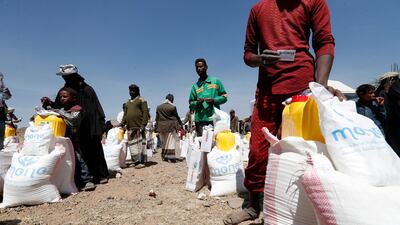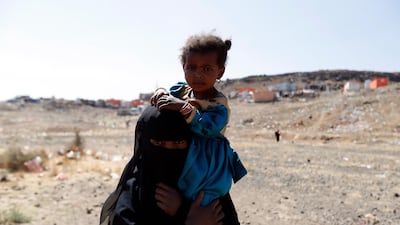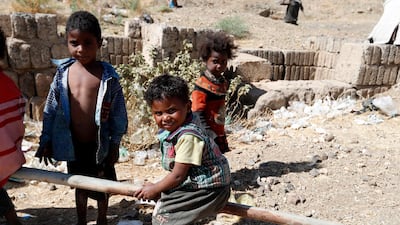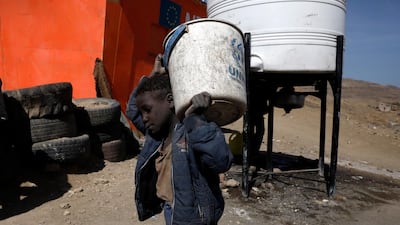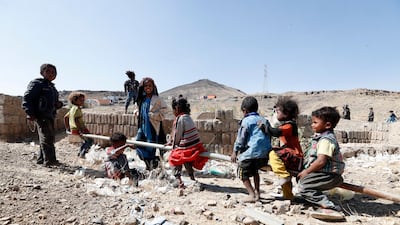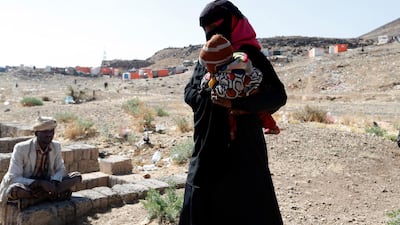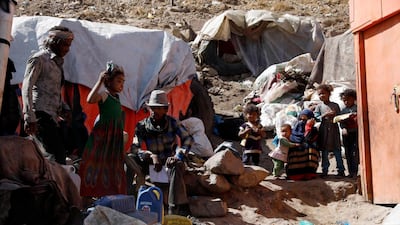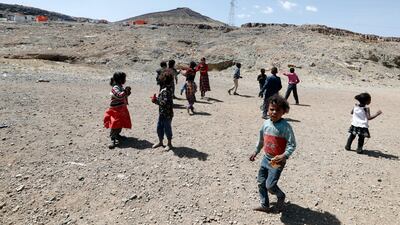Yemen's humanitarian crisis, the worst in the world, must be reassessed to save millions of lives, a senior official from Doctors Without Borders (MSF) in Yemen told The National.
War, hunger and aid cuts have made daily life incredibly difficult for average Yemenis.
The conflict that erupted in 2015 broke Yemen's healthcare system, leaving it incapable of coping with the coronavirus pandemic and other health problems.
Last week, an online conference held by the UN and co-hosted by Sweden and Switzerland fell well short of its aid goal for Yemen.
More than 100 governments and donors hoped to raise $3.85 billion to assist civilians but in the end only $1.7bn was pledged.
"The problem with the humanitarian response in Yemen is not solely linked to money. Previous years have seen huge amounts given, and yet on the ground our teams have consistently seen gaps in the humanitarian response," MSF head of mission in Yemen, Ahmed Mahat, told The National.
"What is needed is not just more money but a rethink of how best to get aid to the Yemenis who need it most."
He said local authorities must not restrict the work of humanitarians and aid must be "designed to be delivered in a way that reaches those most in need".
Part of the problem is associated with obstacles put in place by the authorities, such as visa provisions, import procedures and restrictions on movement.
“Yemen is a very complex environment in which to deliver aid. Restrictions and obstacles imposed by authorities are a permanent feature of working in Yemen. Our teams spend a lot of time solving problems that we shouldn't be facing,” he said.
Yemen's malnourished population has among the world's lowest immunity levels to disease and the country is divided between the internationally recognised government in Aden and the Iran-backed Houthi rebels in the north.
“Constraints on aid delivery are substantial and make it difficult for MSF and other humanitarian actors to operate in a principled manner in Yemen,” Mr Mahat said.
There have been short-term interventions but no comprehensive approach.
Mr Mahat gave the example of health centres that have been given ventilators to help tackle the Covid-19 outbreak, but do not have enough staff.
The centres lacked "fuel or the drugs and other medical materials to make those ventilators usable", he said.
Mr Mahat also said Covid-19 cases could increase in the country. MSF is monitoring the situation to determine whether Yemen will face a second wave of infections.
